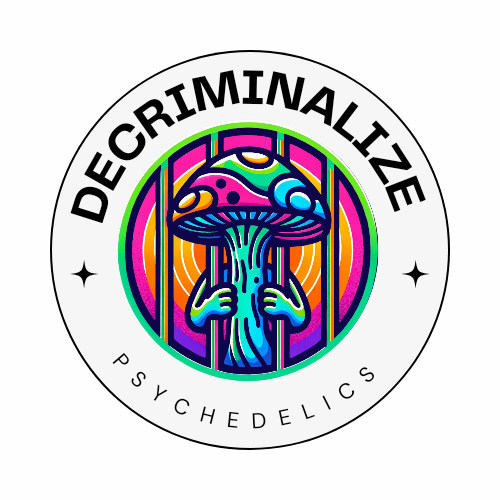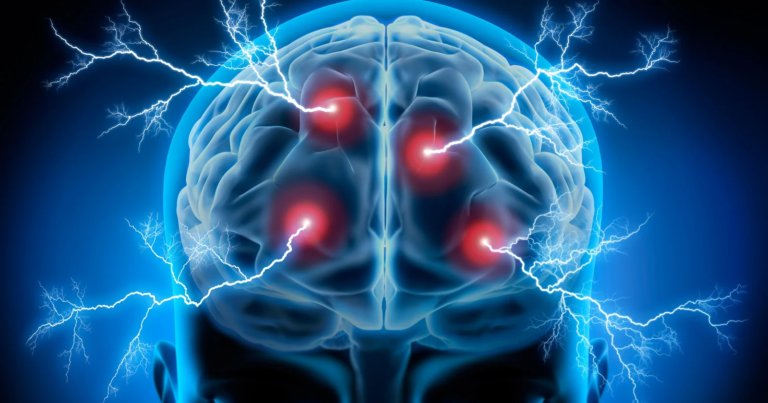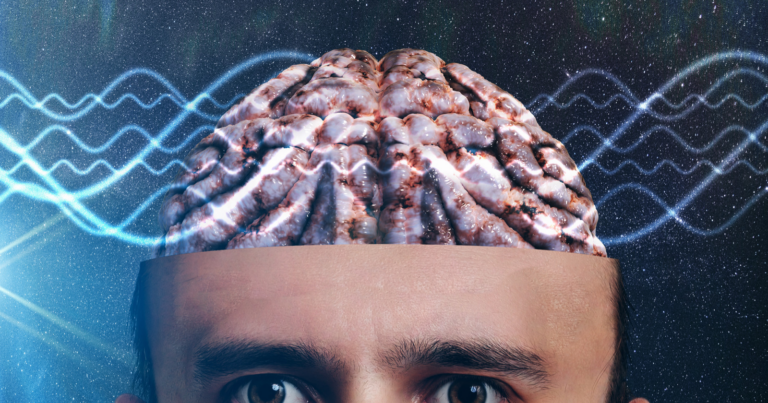Ketamine has emerged as a groundbreaking therapy, offering hope and healing to individuals grappling with treatment-resistant conditions.
From depression and anxiety to PTSD and chronic pain, ketamine treatments have shown remarkable efficacy in providing relief where traditional medications and therapies have fallen short.
Here, we delve into the transformative potential of ketamine treatments and the breakthrough mental health moments they can catalyze for those in need.
Understanding Mental Health with Ketamine Treatments
First synthesized in the 1960s as an anesthetic agent, ketamine has since garnered attention for its rapid-acting antidepressant properties. Traditional antidepressants, can take weeks or even months to alleviate symptoms.
Healing mental health with ketamine treatments acts quickly, often producing noticeable improvements within hours of administration. Ketamine works by modulating glutamate, the brain’s primary excitatory neurotransmitter.
Ketamine also promotes neuroplasticity, the brain’s ability to adapt and reorganize itself in response to experience.
Breaking the Cycle of Depression
For individuals struggling with treatment-resistant depression, ketamine therapy can be a lifeline, offering relief from the relentless grip of despair.
Ketamine’s rapid-acting antidepressant effects can provide immediate relief from depressive symptoms, including persistent sadness, fatigue, and feelings of hopelessness.
By restoring balance to neurotransmitter systems and promoting the growth of new neural connections, ketamine can break the cycle of depression and pave the way for a brighter, more hopeful future.
Easing the Burden of Anxiety
Anxiety disorders affect millions of people worldwide, causing debilitating symptoms such as panic attacks, intrusive thoughts, and overwhelming worry.
But, ketamine treatments offer a glimmer of hope for those grappling with the relentless grip of anxiety, providing rapid relief from symptoms and restoring a sense of calm and equilibrium.
By modulating activity in the brain’s fear centers and promoting relaxation and tranquility, ketamine can ease the burden of anxiety and empower individuals to reclaim control over their lives.
Healing Trauma and PTSD
Trauma and PTSD can cast a long shadow over one’s life, leaving behind deep emotional scars and haunting memories.
Ketamine therapy holds promise as a tool for healing trauma and PTSD, offering a safe and effective means of processing painful experiences and finding resolution.
By disrupting maladaptive patterns of thought and promoting emotional resilience, ketamine can help individuals confront and integrate traumatic memories, paving the way for healing and growth.
Relief from Chronic Pain
Chronic pain can take a profound toll on one’s physical, emotional, and psychological well-being, making every day a struggle.
Ketamine therapy offers relief from chronic pain by modulating pain pathways in the brain and dampening the perception of pain signals. Ketamine targets the underlying mechanisms of pain and promotes neuroplasticity.
This can provide lasting relief and improve quality of life for individuals living with chronic pain conditions.
Navigating the Journey
While ketamine treatments holds immense promise as a therapy for mental health conditions, it’s essential to approach it with care. Ketamine treatments should only be administered under the supervision of a trained medical professional in a controlled clinical setting.
Ongoing support and therapy may be necessary to integrate breakthrough experiences and address underlying psychological issues.
With proper guidance and support, ketamine therapy can be a transformative tool for catalyzing breakthrough mental health moments and reclaiming a sense of vitality and well-being.
The Science Behind Mental Health with Ketamine Treatments
To understand healing mental health with ketamine treatments, it’s essential to delve into the science behind its mechanisms of action. Ketamine acts primarily as an NMDA receptor antagonist, blocking the action of glutamate, the brain’s primary excitatory neurotransmitter.
By doing so, ketamine triggers a cascade of neurochemical changes that ultimately lead to the release of brain-derived neurotrophic factor (BDNF), a protein crucial for neuronal growth and survival.
This increase in BDNF levels promotes neuroplasticity, the brain’s ability to adapt and rewire itself in response to experience. This adaptation is believed to underlie ketamine’s antidepressant effects.
Ketamine has been shown to modulate activity in key brain regions involved in mood regulation, fear processing, and pain perception, including the prefrontal cortex, amygdala, and anterior cingulate cortex.
By rebalancing neural activity in these regions, ketamine can alleviate symptoms of depression, anxiety, PTSD, and chronic pain, providing relief where other treatments have failed.
Ketamine’s rapid-acting effects make it particularly well-suited for individuals in crisis or at risk of self-harm, offering immediate relief and preventing further deterioration of mental health.
Potential Mental Health Benefits Beyond Symptom Relief
Ketamine’s primary role is in alleviating symptoms of mental health conditions.
Emerging research suggests that its benefits may extend beyond mere symptom relief. Studies have shown that ketamine therapy can improve quality of life, enhance emotional well-being, and promote personal growth. Some individuals report profound spiritual or mystical experiences during ketamine sessions, leading to insights and perspectives that profoundly impact their lives.
Ketamine-assisted psychotherapy, which combines ketamine administration with therapeutic support, has shown promise in addressing underlying psychological issues.
Navigating Potential Risks and Challenges
While ketamine therapy holds immense promise as a treatment for mental health conditions, it’s essential to approach it with caution. Ketamine can cause dissociative and hallucinogenic effects, which may be unsettling or disorienting for some individuals.
Ketamine has the potential for abuse and can lead to dependence if used improperly.
To mitigate these risks, ketamine treatments should only be administered under the supervision of a qualified medical professional. Ongoing monitoring and support are essential to ensure the safety and efficacy of ketamine therapy.
Ketamine’s rapid-acting effects and unique mechanism of action make it a valuable tool for catalyzing breakthrough mental health moments.
While further research is needed to fully understand ketamine’s long-term effects and optimal use, its potential to transform the landscape of mental health treatment is undeniable.
With proper guidance, support, and oversight, ketamine therapy can be a transformative tool for promoting emotional resilience, fostering healing, and unlocking the full potential of the human mind.











